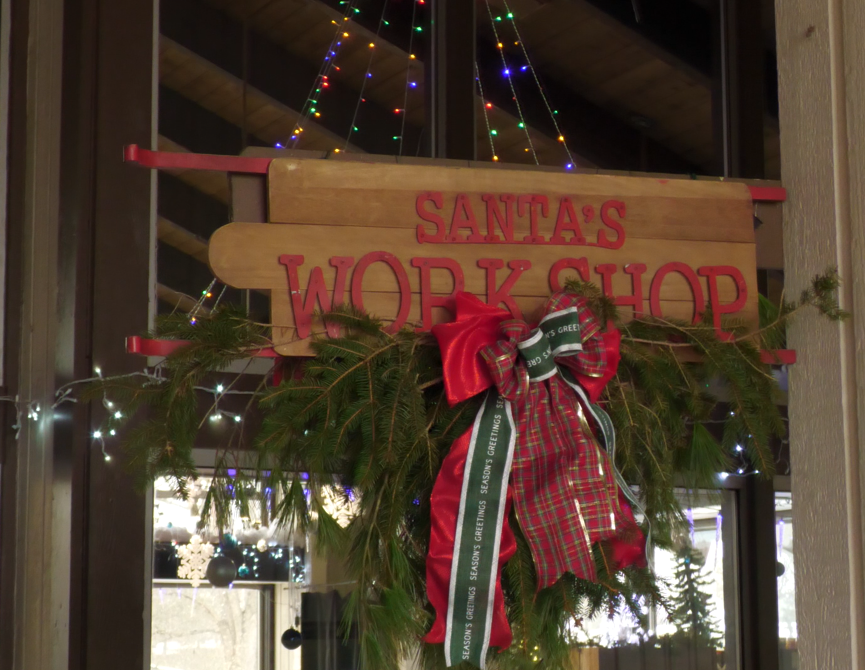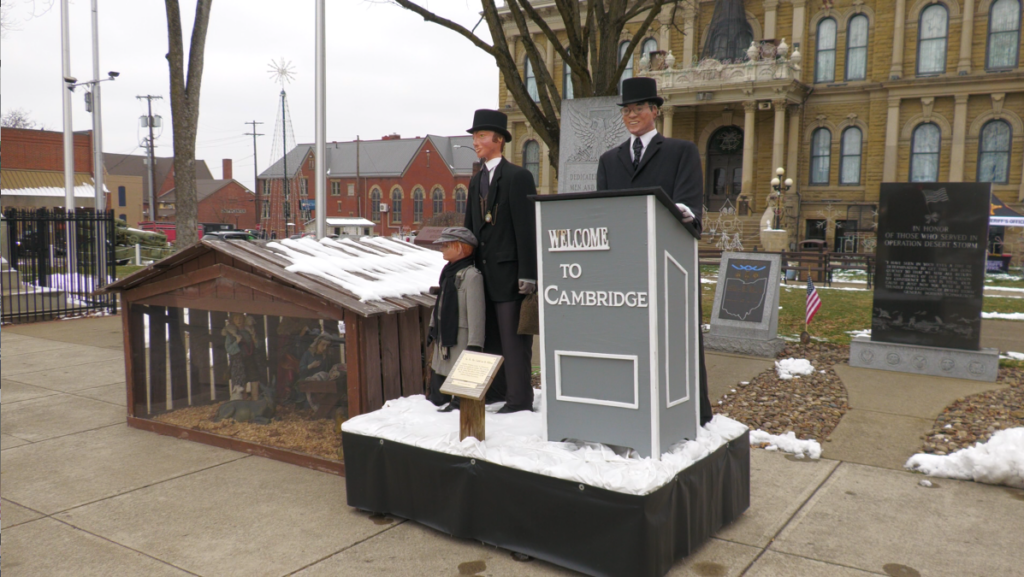Land Bank Shares its Objectives with the Commissioners
ZANESVILLE, Ohio – The Muskingum County Commissioners met with officials from the Muskingum County Land Bank to discuss property cleanup protocols and standards.
The Land Bank also known as the Muskingum County Land Reutilization Corporation addresses the health and safety conditions of dilapidated properties and works with the owners to improve their properties standards.
“The commissioners are interested in tackling the problem of blighted properties around the county,” Muskingum County Land Bank Redevelopment Specialist Chris Crook said. “So we are working towards a plan, different ways to help property owners clean up. If you have a property that’s full of trash or a building that is falling down or collapsing then it definitely affects other properties around the area. So we hope to use, you know, a program to help clean up or help eliminate or demolish falling down buildings.”
In many cases, neglected properties within city and village limits, have existing codes and regulations, which help to enforce property maintenance issues, but the property upkeep outside of those boundaries often relies on the initiative of the owner.
Crook noted that the Land Bank wishes to collaborate rather than fight with property owners, who may be struggling with fixing their property concerns that diminish the aesthetic of the entire community.
“A lot of properties that need to be cleaned up, it is so obvious that they need to be cleaned up, it is almost without question,” Crook said. “You know, piles of trash, sewage or a, you know, a house that doesn’t have a roof falling down. They’re very easy to recognize that it is a problem that needs to be cleaned up. We’re certainly not going to be attacking people for a, you know, a garbage bag left by the curb or anything like that. The properties we’re going to tackle are clearly, obviously in need of remediation.”
The majority of the projects undertaken by the Land Bank are funded through grant monies that are specifically applied for but the commissioners set aside $100,000 dollars annually to help cover some of the smaller projects and to provide additional resources for the larger ones.




